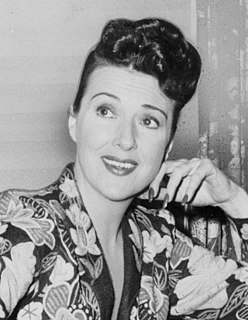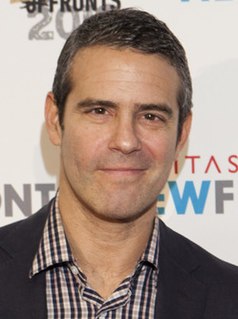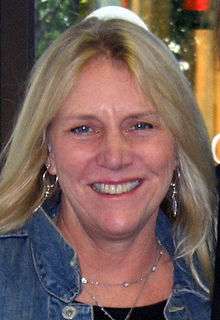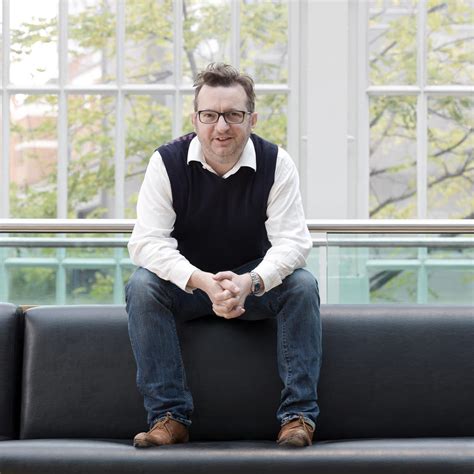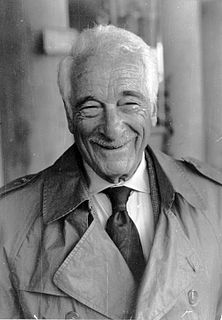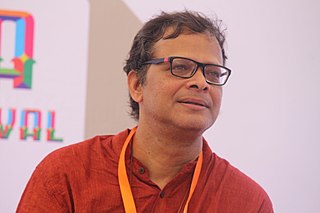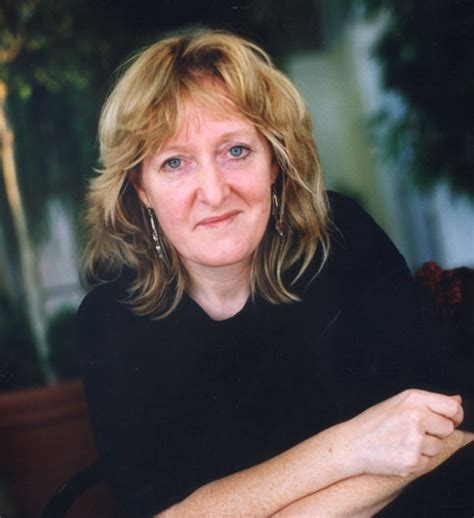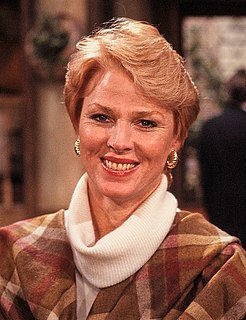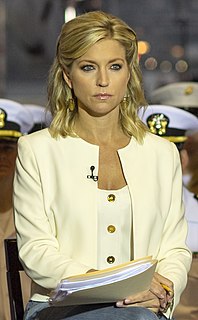A Quote by Gypsy Rose Lee
I used to come home at night full of inspiration, and sit up with a bottle of Scotch. As I wrote, the words seemed wonderful, just too wonderful to be coming from me. Next morning I always found they were terrible and I could never use anything I wrote.
Related Quotes
I took to writing as my medicine to help me stay afloat in acting career journey. I wrote about me breaking hearts, and my heart being broken. I wrote about my views whether they were liberal or conservative. I wrote about everything. I wrote about my life. When I did not have paper coming in as green backs, I'd use random pieces of paper for stories. It was like, I got no money, but I have paper to write. So I wrote.
I don't even think any stimulants really help writing. You talk to most guys and they say, "Hey. I wrote this." And they're out of their head or they had a few beers or a bottle of whiskey. You wake up the next morning, it's usually pretty crap. But you know Dylan Thomas wrote some great poetry. Brendan Behan. You never know but ultimately I'd say you have to get up early in the morning and you're usually sober when you write your good stuff; it's hard work. So alcohol, keep it for chilling out, fun, and having a good time. Not for work.
That's the point. Every kind of animal thinks its own kind of animal is wonderful. So people getting married think they're wonderful, and that they're going to have a baby-- that's wonderful, when actually they're as ugly as rhinoceroses. Just because we think we're so wonderful doesn't mean we really are. We could be really terrible animals and just never admit it because it would hurt so much.
I either wrote at the end of the night or sometimes in the morning. Sometimes they were full entries, or others I just wrote notes about things that happened that day or funny thoughts I'd had. If I had a truly eventful day, I'd take the time to write it all down in great detail. I edited a lot of content out once it was all finished - there was way too much, and I didn't want to bore anyone. I like to keep the book [Superficial: More Adventures from the Andy Cohen Diaries] moving at a fast pace.
The woman who wrote the movie [Ladies And Gentlemen, The Fabulous Stains], her name is Nancy Dowd. She's a wonderful writer. She wrote Coming Home. And when I read the script, at that time, I thought, "This movie is going to do for girls what Breaking Away did for boys." I thought it was going to be huge. It was a great script.
I always wrote. I wrote from when I was 12. That was therapeutic for me in those days. I wrote things to get them out of feeling them, and onto paper. So writing in a way saved me, kept me company. I did the traditional thing with falling in love with words, reading books and underlining lines I liked and words I didn't know.
I didn't go to bookshops to buy. That's a little bourgeois. I went because they were civilized places. It made me happy there were people who sat down and wrote and wrote and wrote and there were other people who devoted their lives to making those words into books. It was lovely. Like standing in the middle of civilization.
If you're going to be a writer you should sit down and write in the morning, and keep it up all day, every day. Charles Bukowski, no matter how drunk he got the night before or no matter how hungover he was, the next morning he was at his typewriter. Every morning. Holidays, too. He'd have a bottle of whiskey with him to wake up with, and that's what he believed. That's the way you became a writer: by writing. When you weren't writing, you weren't a writer.
